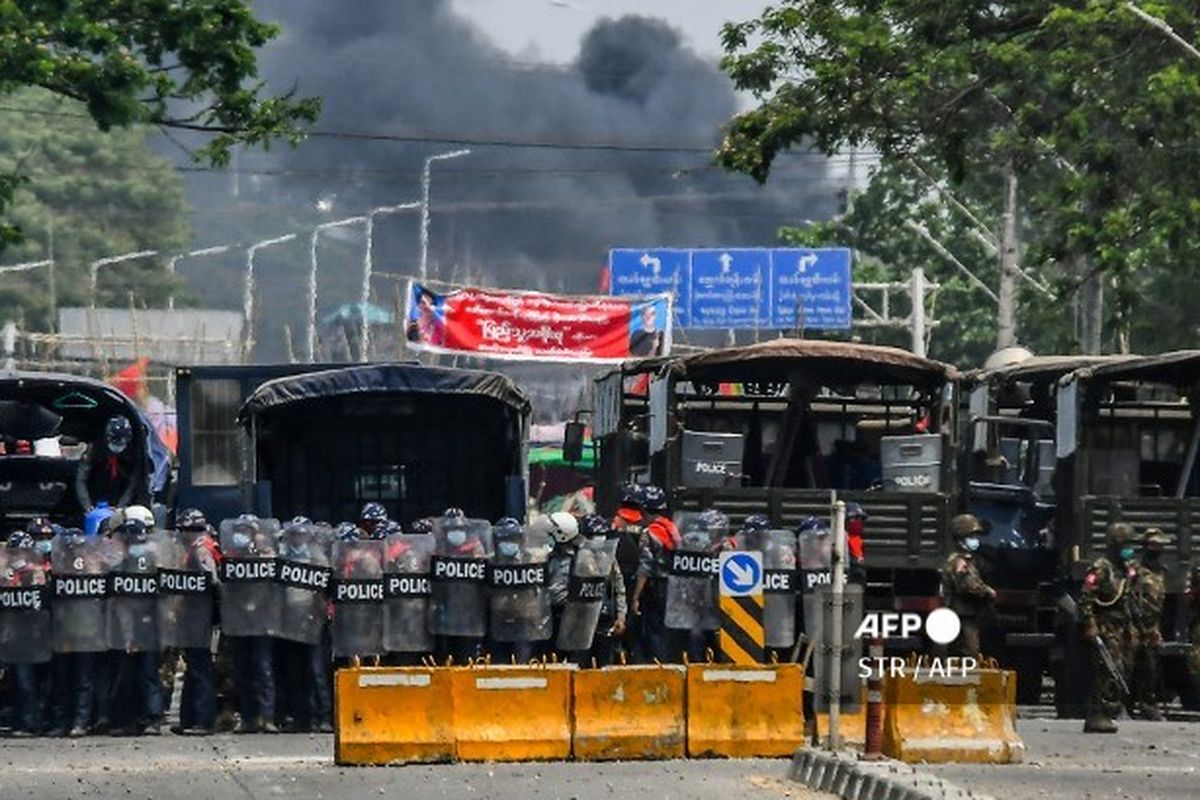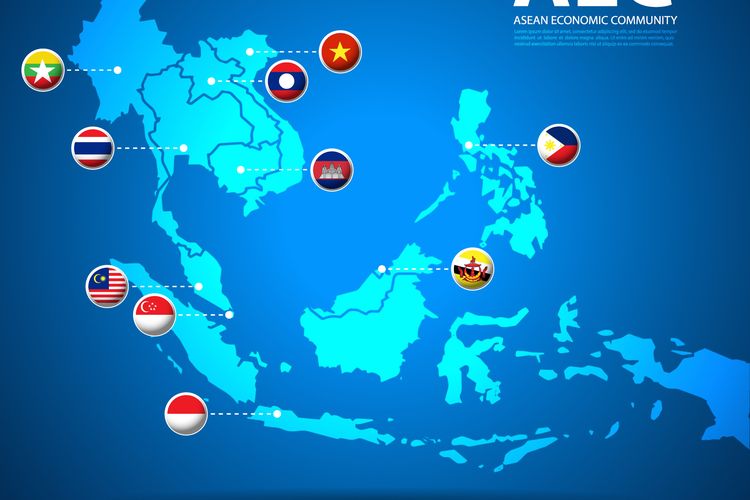
Divided reactions to the coup
In contrast to the former foreign minister's clear appeal, Thailand's government, which itself came to power in a coup in 2014, has so far avoided criticizing the Myanmar military, calling the coup an internal affair of the country.
Vietnam, Cambodia, and the Philippines have reacted in the same way. While the governments of Vietnam and Cambodia are authoritarian regimes themselves, Philippine President Rodrigo Duterte has declared war on democracy in his country.
Malaysia and Indonesia, on the other hand, took a stand against the Myanmar military junta and criticized the violence there. Malaysian Prime Minister Muhyiddin Yassin expressed his "disgust at the continuing deadly violence against unarmed civilians."
Also read: Another Day of Coup Protests in Myanmar Ends in Bloodshed
Indonesian President Joko Widodo called for an immediate end to the violence and announced that he would, together with Brunei, call a special meeting of ASEAN. Brunei is the current chair of the bloc.
"Dialogue and reconciliation must be carried out immediately to restore democracy, to restore peace, and to restore stability in Myanmar," Widodo said.
A first in ASEAN's history
"This is quite a strong statement, especially considering ASEAN's usual 'quiet' and noninterference approach," Deasy Simandjuntak, an expert from the ISEAS-Yusof-Ishak-Institute in Singapore, told Malaysian newspaper The Straits Times.
Since its founding in 1967, ASEAN has pursued behind closed doors and consensus-based diplomacy.
With this approach, ASEAN succeeded, for instance, in convincing Myanmar to accept international aid in 2008 after the devastating cyclone Nargis, which claimed about 100,000 lives.
It was also ASEAN that admitted Myanmar to the club in 1997, despite international pressure not to do so. Becoming a member of the bloc contributed to the subsequent opening of the country.
Public criticism of Myanmar and the call for a summit that is primarily about a domestic political crisis in a member state is a first for ASEAN. Myanmar's military generals will certainly not be amused by the criticism coming now from some of the bloc's member states, as Thailand's generals were let off scot-free after the 2014 coup.
Another factor that complicates a dialogue with the generals is that it has so far been ASEAN's Muslim-majority countries that condemned the coup and crackdown in Buddhist-majority Myanmar. And these countries have already been critical of Myanmar's policies toward the Rohingya community.
Also read: Indonesian President Jokowi: ASEAN Must be Subject of Global Politics
This situation could lead to the junta foregoing some friendships. As the generals had previously stated at the United Nations: "We are used to sanctions, and we survived … We have to learn to walk with only [a] few friends."
No success without unity
So, the questions are, first, whether it will be possible to create the necessary unity within ASEAN so that the Myanmar generals cannot avoid dialogue even with their critics within the alliance, and, second, whether the confrontational approach, by ASEAN standards, would be more successful than the quiet diplomacy of the past. Both questions are interrelated.
With regard to the first question, an unnamed ASEAN diplomat told Japan's Asian Nikkei Review: ASEAN "is like a faulty Rubik's cube where it is impossible to get all the colors aligned on one side." ASEAN's disunity, in turn, diminishes the confrontational approach's chances of success.
Simak breaking news dan berita pilihan kami langsung di ponselmu. Pilih saluran andalanmu akses berita Kompas.com WhatsApp Channel : https://www.whatsapp.com/channel/0029VaFPbedBPzjZrk13HO3D. Pastikan kamu sudah install aplikasi WhatsApp ya.
































